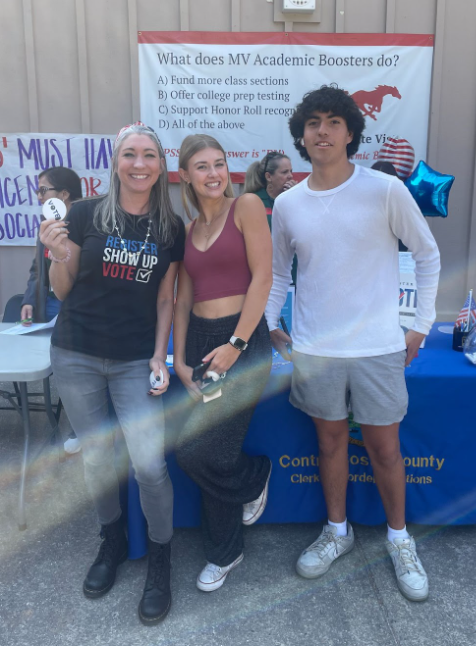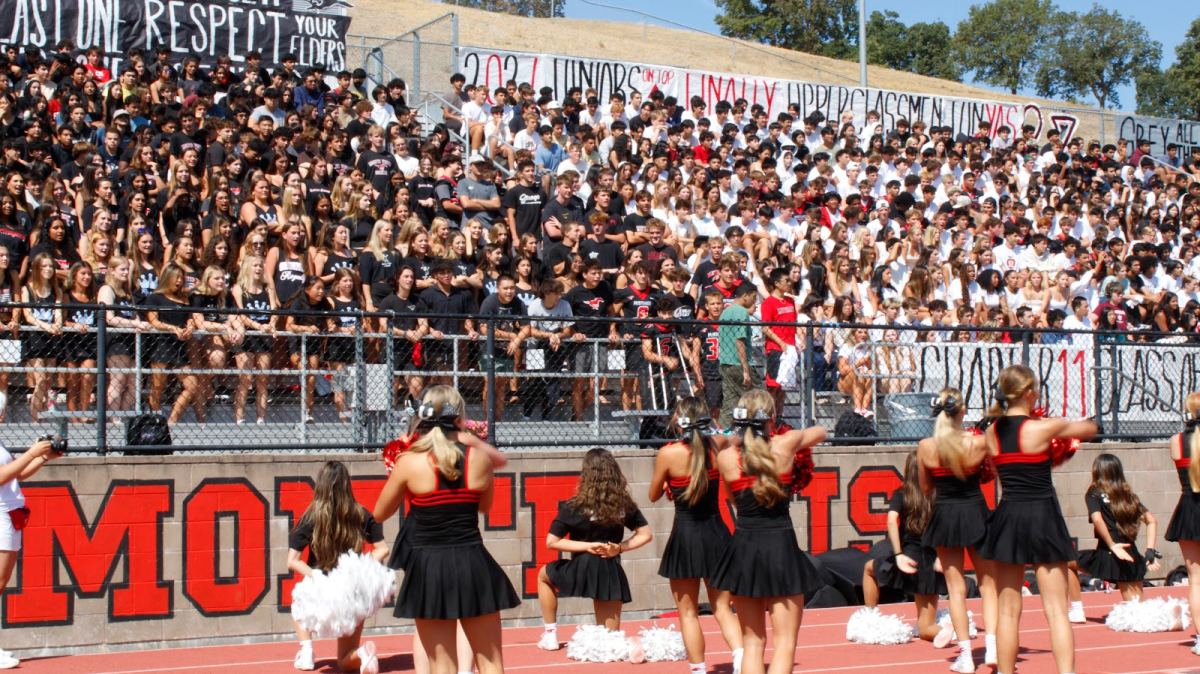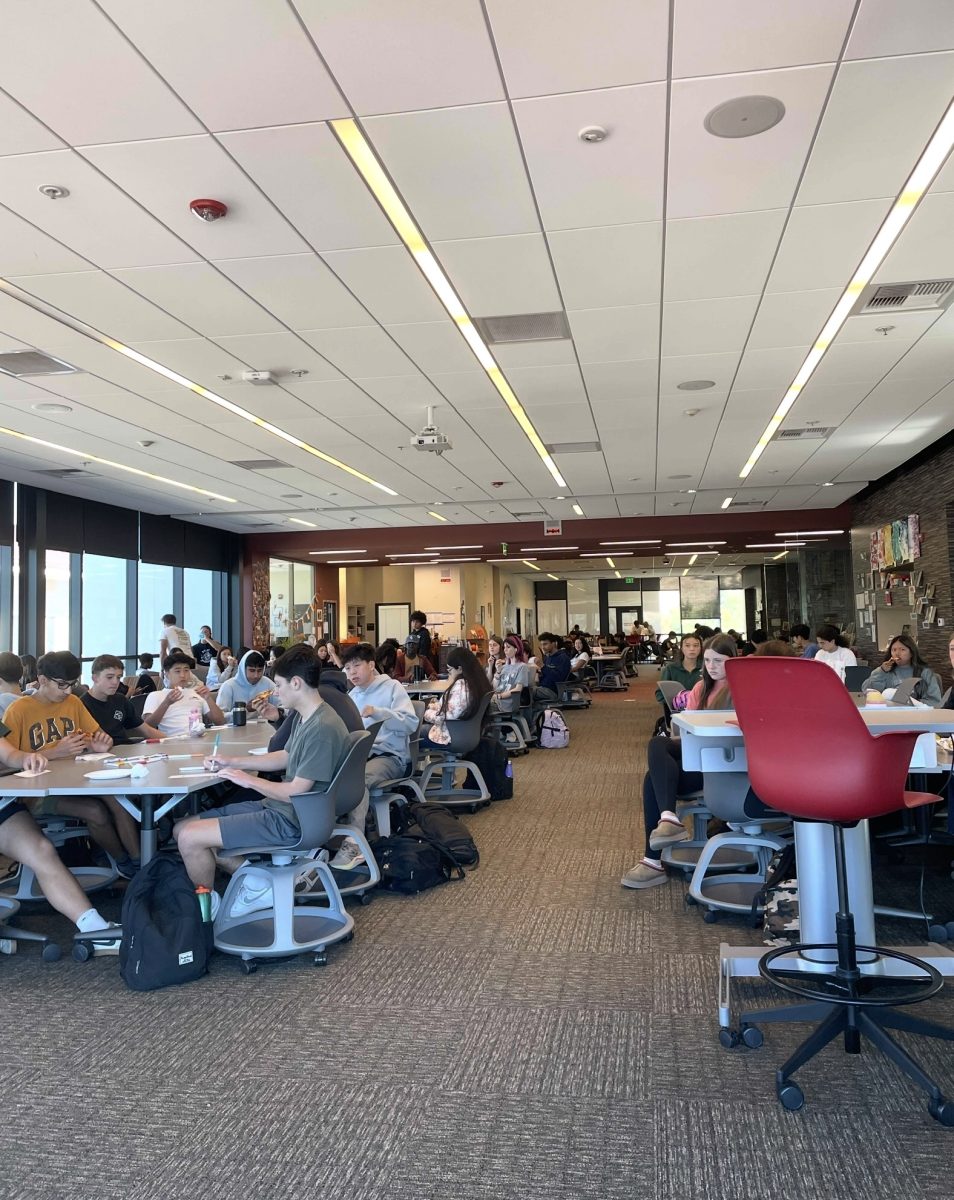Today more than ever, student engagement in government and politics is necessary. Within this new generation of voters, there is a sense of apathy when it comes to politics. After conducting a small school survey, it became clear that many students view our current government as “corrupt” or “unstable.” Of the responses, 20% were “not excited to vote/engage in or learn more about our government” and 33.3% were unsure. Due to this fact, many parents don’t want schools taking an active role in teaching politically charged topics. Oftentimes, both students and parents believe that a school can push its own bias into education, resulting in students being left in the dark about what is really happening around them. Because of these concerns this generation must step forward to effect change and shape the future of this country, and in order to do so they must be unafraid to explore today’s challenging political landscape.
From December 2023 to March 2024 a survey was conducted among a handful of Monte Vista students, asking about their opinions on the state of our government and their opinions on participating in elections. Based on the responses received, there was an overall negative outlook on politics and civic engagement.
One student said: “We are experiencing a crisis of democracy. Nobody believes in the power of the government anymore.”
Another responded: “It feels there are no truthful politicians with good morals towards the American people.”
Despite these responses, 50% of responses indicated that students wanted to vote in upcoming elections. It is easy to vote for the candidate that your parents, friends, or TikTok tells you to vote for, but far more complicated to research what this candidate supports. Clubs such as the Young Democrats club run by senior Daniel Gross help combat this. Sadly, this is one of few political clubs on campus. Groups like this help inform students of political ideologies, helping them understand what they believe in.
Teachers also play an important role in shaping student’s perspectives on politics. Social science teacher Lora Hartig is trying to engage her students by creating fun and informative lessons. Hartig believes that much of the education students receive about politics today is outdated.
“The issue is having an older textbook and trying to take this [textbook] and make it more interesting for students today. How can you do that?” Hartig said.
Although Hartig still teaches the basics of government, she prefers a more creative approach, one that engages her students much more than simply taking notes out of a textbook. One project she assigns each semester is the political party simulation. Students create political parties based on their personal core beliefs. They work with other like-minded students to research and create presentations, culminating in an election in which they vote for their class president. Hartig said she works closely with the class president for that semester, consulting them on most decisions that relate to the class.
Projects like these are incredibly motivating for students. Hartig provides them with an open and safe space to explore their own political beliefs while making sure they’re properly informed on certain topics. She makes sure that everyone’s ideas are heard, eliminating the bias that many parents are afraid of. In fact, Hartig rarely receives pushback from parents. And when she does, she makes sure to have a realistic and open conversation with them about the importance of a political education.
Hartig is also dedicated to creating student-led organizations like the voting registration club to encourage others to vote and learn about politics. With help from her own classes, the leadership classes, and the librarian, Hartig is working to involve more students in politics.
“This is where student engagement needs to increase. I need leadership involved. ” Hartig said.
So, why should Monte Vista students care about voting and politics? Because they have a voice, and that voice carries weight. From influencing local policies to electing school board members, students wield significant power in shaping their communities. By starting now, they lay the groundwork for a lifetime of informed decision-making and active citizenship.














